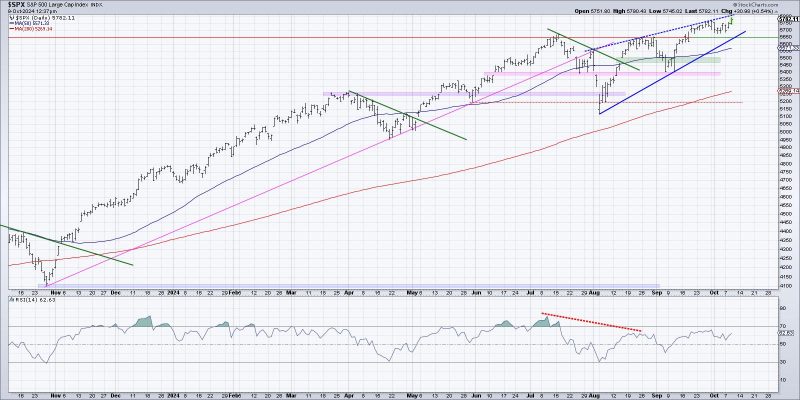Risk management is a crucial aspect of any organization’s operations, especially in a rapidly changing business environment. As we enter October 2024, several critical thoughts on risk management come to light that can help businesses enhance their strategies and adapt to emerging challenges.
The first thought on risk management for October 2024 is the importance of proactive risk assessment. In today’s dynamic landscape, risks are evolving faster than ever before. To effectively mitigate these risks, organizations must conduct regular and thorough assessments to identify potential threats and vulnerabilities. By proactively analyzing risks, businesses can implement preventive measures and prepare contingency plans to minimize the impact of unforeseen events. Embracing a proactive approach to risk assessment enables companies to stay ahead of potential threats and foster a culture of resilience.
The second thought centers on the growing significance of cybersecurity risk management. With the increasing digitalization of business operations, cybersecurity threats have become a top concern for organizations worldwide. October 2024 brings new cybersecurity challenges that require robust risk management strategies to safeguard sensitive data and protect against cyberattacks. Businesses must invest in advanced security measures, employee training, and regular audits to mitigate the risks associated with data breaches and cyber threats. Prioritizing cybersecurity risk management is essential to safeguarding a company’s reputation, customer trust, and overall business continuity.
The third thought highlights the role of data analytics in risk management practices. In the era of big data, organizations have access to a wealth of information that can be leveraged to enhance risk management strategies. By harnessing the power of data analytics, businesses can gain valuable insights into potential risks, patterns, and trends that can inform decision-making processes. Utilizing predictive analytics and machine learning algorithms can help organizations identify emerging risks, forecast future threats, and optimize risk mitigation strategies. Integrating data analytics into risk management practices empowers businesses to make well-informed decisions and proactively address risks before they escalate.
In conclusion, effective risk management is essential for navigating the complexities of the modern business landscape. By adopting a proactive approach to risk assessment, prioritizing cybersecurity risk management, and leveraging data analytics tools, organizations can enhance their risk management strategies and strengthen their resilience against emerging threats. As we venture into October 2024, it is imperative for businesses to stay vigilant, agile, and proactive in managing risks to ensure sustainable growth and success in an ever-evolving environment.

